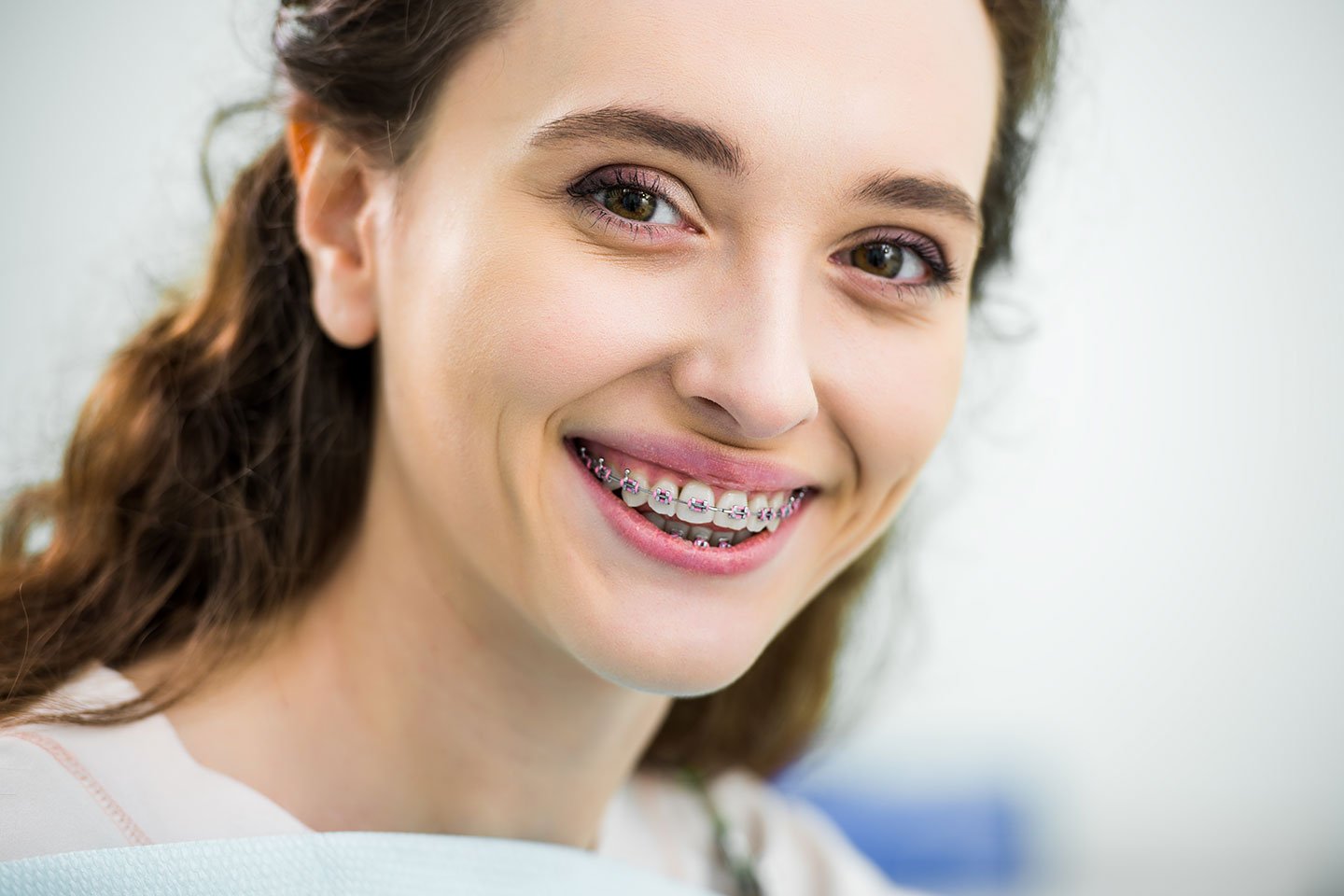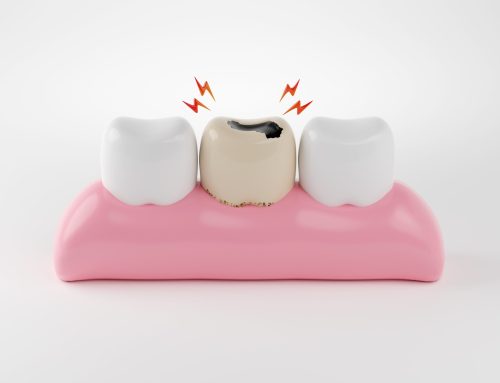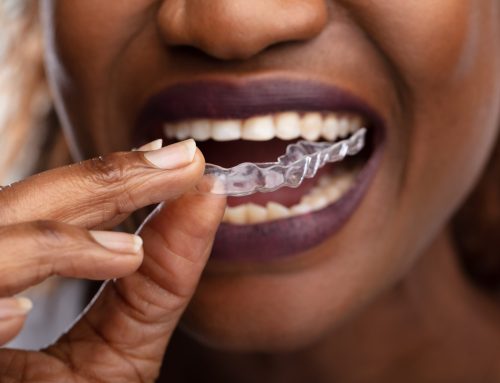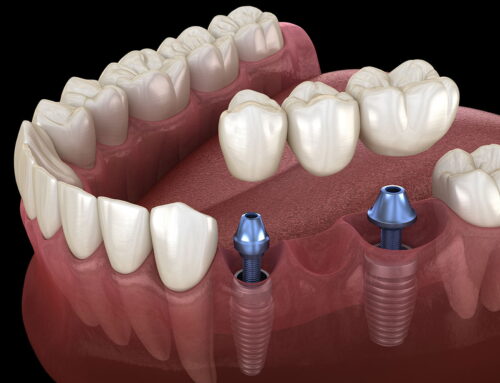If you have landed here, you are probably considering some sort of procedure to align your teeth in a way that makes selfies, pictures and social interactions an effortless occasion. Maybe you have a particular timeline towards perfection, or you are on the fence about how much of your lifestyle you are willing to adjust for a dental device. Braces are an excellent place to start. Teeth braces are an orthodontic treatment used to align teeth and jaws and have been around for centuries in one form or another.
Who Benefits from Braces?
People with overcrowded teeth, gaps in their teeth, or a misaligned bite really benefit from this type of dental procedure. There are many different types of braces available today, including traditional metal braces, clear braces, and invisible braces. They are usually worn for one to three years, depending on the severity of the misalignment. For a beaming smile and better dental health that keeps your smile looking effortless forever, (of course, only if you keep wearing that retainer at night!) braces just might be the solution most apt for your unique needs. In this blog, we’ll outline for you why braces might be the route you want to take depending on your unique dental goals and the current state of your teeth, your lifestyle, and who you are as an individual.
Braces vs. Other Dental Devices
Well-aligned teeth aren’t simply an aesthetic goal, they are ideal for dental health. What separates dental braces from other teeth-aligning procedures is that braces are able to correct some of the most complex or extreme cases of tooth misalignment. Severe misalignment impacts dental hygiene and health because there’s more places for bacteria to take hold and cause cavities. In some cases, it can cause problems with the jaw and consequently, speech. Braces can help to correct this by slowly moving the teeth into their proper position. In addition, braces help to improve the overall health of your teeth by making it easier to brush and floss properly post-removal. While braces can take some time to adjust to, they could make a big difference in your oral health and quality of life. An investment in braces is an investment in long term health and beauty. If you think the current state of your teeth fits in the category of a more complex or severe case of misalignment, braces are the best fit for you.
Braces might be the route for you if you want guaranteed results within a specific time-frame, and you are willing to make some lifestyle adjustments in that brief period of time. While Invisalign is a bit more lifestyle fluid and you can remove it to eat food and drinks, you must have the discipline to not remove it too many times. In a way, braces remove the need for discipline because they stay on your teeth. Really ask yourself this series of questions: Am I able to manage taking out a dental device before each mealtime, cleaning the device and washing my mouth thoroughly after mealtime and making sure it stays in my mouth for 22 hours every single day? Sure, you will be able to eat the foods you want, but, you could find yourself waiting a lot longer to see results on your teeth if you are not able to stay disciplined with this routine.
The Potential Downsides of Braces
Now, let’s talk about the potential downsides. Braces do require more frequent visits to the dentist, as well as careful management at home to keep them clean and prevent damage to the teeth. Braces also restrict your ability to eat certain foods (i.e. popcorn, apples, stick candies), so you may need to make adjustments to your diet while you have them. In addition, braces can make it difficult to speak clearly, so you may need to practice speaking with them to get used to them. Overall, braces require more lifestyle adjustment on your part, and management on the orthodontist’s part, compared to other methods of aligning teeth—but the results are well worth it!
Another major deterrent to braces is the aesthetics. We have all heard the phrase “brace face” at some point in our lives, mostly referring to a period of time in an adolescent’s life when their smile shows two rows of large, gleaming metal wires and rubber bands. For 90s folks, we all remember the quintessential “nerd” person with visually apparent braces, accompanied by bulky headgear. We just want to let you know that a lot has changed in orthodontics in the past 20 years! No more headgear, that’s for certain. Braces are now much smaller, and you can opt for thinner wires, smaller brackets, or clear, transparent elastics to make the appearance of braces much less obvious. If the aesthetic is a major deterrent for you, just know that there are far more options available to make you feel comfortable smiling. In fact, we’ve heard from many of our clients that with clear braces, it’s barely noticeable in pictures!
Braces ultimately help Oral Health and Aesthetic
When it comes to braces, there are many factors to consider. For some people, braces are a necessary way to achieve the smile they have always wanted. For others, braces are a way to correct a problem that has been causing them pain or difficulty. Regardless of the reason, braces are a big commitment. They require regular adjustments and care, and can sometimes be uncomfortable. If you are someone who is willing to commit to adjusting your lifestyle a bit, then braces may be the right choice for you. However, if you are not sure that you’ll be able to keep up with the appointments and give up chewy candies—you might prefer a more flexible option and Invisalign might be better suited to your needs. For many people, the results are worth the effort of getting used to braces. Braces can give you the confidence to show your smile to the world. It’s important to weigh all of your options before making a decision, and sometimes it’s best to have the work done for you instead of having to stay disciplined with dental device routines. Whichever route you choose to go, we are here to support you every step of the way.
If you are considering braces, weigh the pros and cons carefully. Talk to your dentist or orthodontist, and decide what’s best for you. As always, our doors are always open for questions.
Are you curious about what braces could do for your dental health? Is there anything in this article that took you by surprise? We invite you to share your experience in the comments below.





